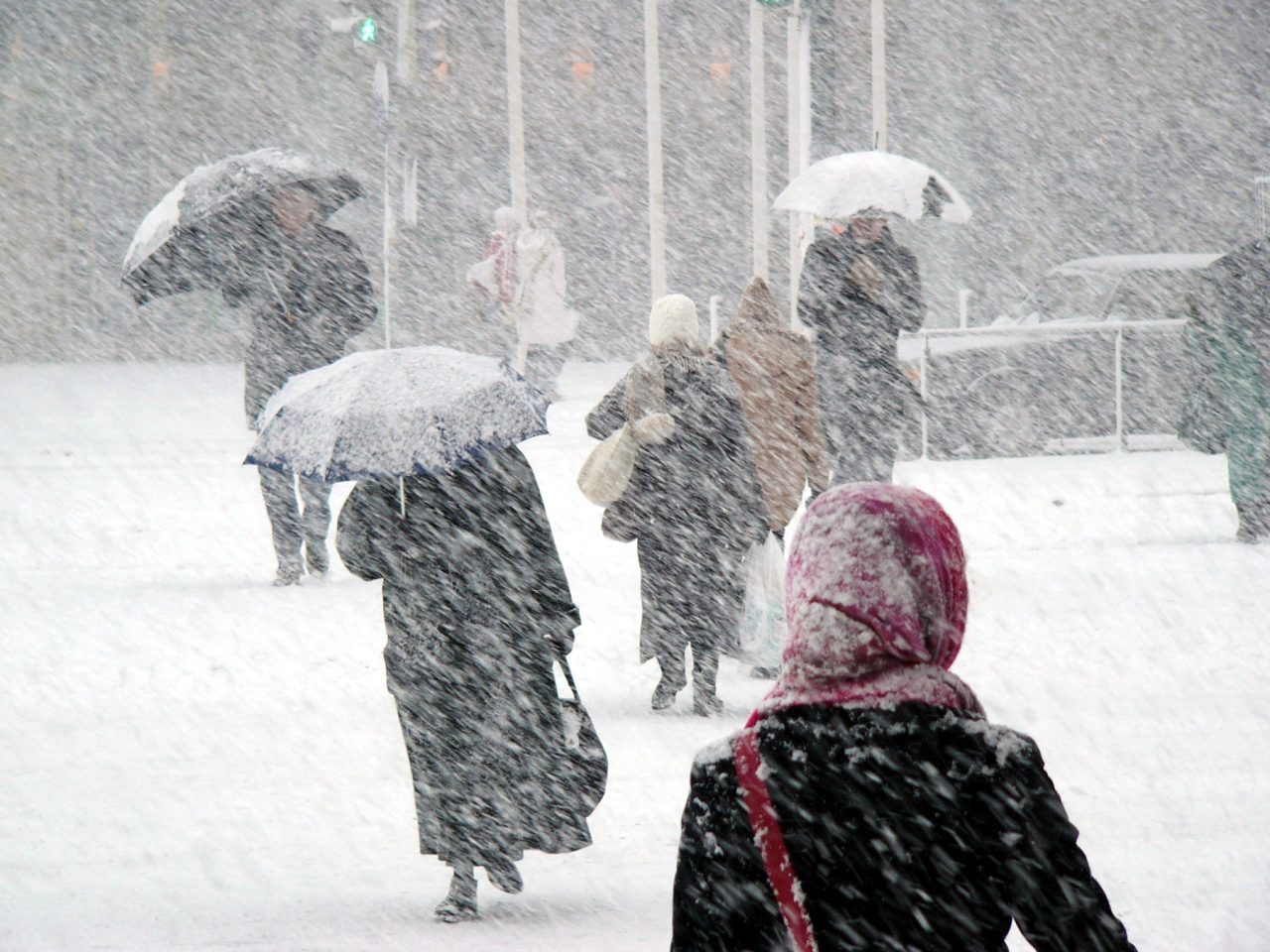How to minimise landlord insurance claims during the hazardous winter months

3. Check the boiler ahead of winter
Many winter problems typically start when tenants turn the boiler back on after it’s been off for a while. If you or your tenant does have any problems switching it back on, our emergency cover can provide 24 hour cover over 365 days a year. And in worse case scenarios, can also provide alternative accommodation costs for your tenants. However the boiler needs to be less than 15 years and has to have had an annual service.
One way to make sure the heating works well during winter is to schedule your annual gas safety check to be carried out towards the end of autumn. Then, if there are any problems, you know in advance rather than waiting for an emergency to actually happen.
Otherwise, if you or your agent have a good relationship with the tenant, ask them to check:
The heating comes on okay
All the radiators are heating up to the top
There are no cracks in the boiler or leaks coming from the pipes
The boiler pressure gauge is where it should be – between 1 and 1.5 bar
And then when you or your agent next check the property, make sure the pipes and any water tanks are still well lagged to ward off any frozen pipe issues over the winter period – and remind your tenant to keep at least some background heating on during cold snaps. Be aware if the property is left for between 30 and 90 days consecutively during the winter months, to make sure your insurance cover is still valid, between 1 November and 31 March:
Either the water supply should be switched off at the mains and the system drained
Or if the property has a central heating system it needs to be set to operate continuously for 24 hours of each day and the thermostat set at not less than 10 degrees Celsius / 50 degrees Fahrenheit
And, if there is a fitted loft hatch door this needs to be left open.
This is to make sure the property doesn’t freeze and cause damage while empty and the tenant is away.



